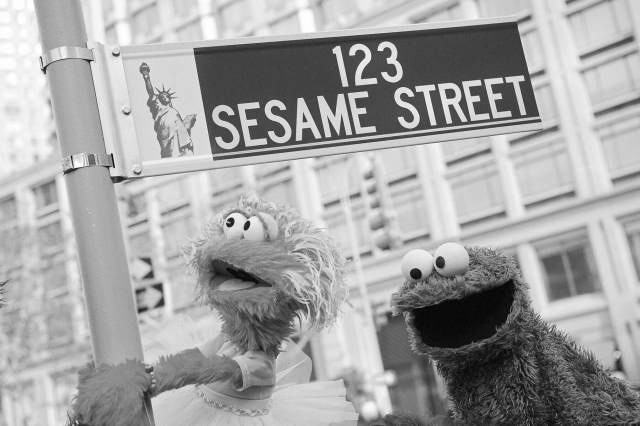 |
Darth Vader was based on Japanese samurai. |
Arts & Culture |
 |
| |
| Over the years, many have speculated that Darth Vader was even based on a specific samurai warrior, the famed Date Masamune, a feudal warlord born in 1567 and known as the "One-Eyed Dragon." Masamune lost an eye, grew up in a time of political instability, and was disliked by his mother before becoming a ruthless leader who struck fear in the hearts of his enemies and underlings alike — all of which parallel the story of a certain Sith lord born Anakin Skywalker. | |
 |  |
 | |||
| |||
Hands Down One of the Best Credit Cards for Balance Transfers | |||
| Thank you for supporting our sponsors! They help us keep History Facts free. |
 | ||||||||||||||
By the Numbers | ||||||||||||||
| ||||||||||||||
| ||||||||||||||
 | ||||||||||||||
| ||||||||||||||
"Return of the Jedi" almost had a much darker ending. | ||||||||||||||
| Darth Vader wouldn't be such a memorable villain if he weren't also a tragic figure who ultimately redeems himself. That redemption comes at the end of 1983's Return of the Jedi, the third installment in the franchise, when Vader dies protecting his son, Luke Skywalker, from the Emperor. As originally written by Lucas and Lawrence Kasdan, however, that sequence was much darker. According to Kasdan, Lucas first pitched this idea (to which Kasdan enthusiastically agreed): "Luke takes his mask off. The mask is the very last thing — and then Luke puts it on and says, 'Now I am Vader.' Surprise! The ultimate twist. 'Now I will go and kill the [Rebel] fleet and I will rule the universe.'" | ||||||||||||||
 | |||
Recommended Reading | |||
 | |||
| | |||
 | |||
| | |||
| + Load more | |||
| |||||||||
| Contact us | |||||||||
| Privacy Policy | |||||||||
| Terms of Use | |||||||||
| Do Not Sell My Info | |||||||||
| 700 N Colorado Blvd, #513, Denver, CO 80206 | |||||||||





No comments:
Post a Comment